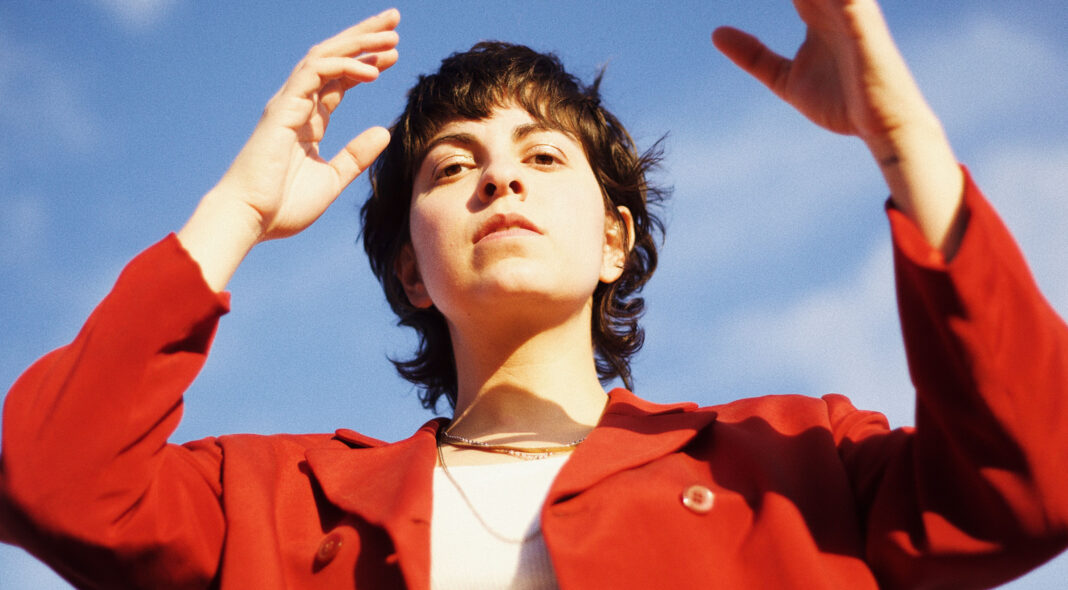When you truly let your guard down, you risk a flood of emotive material, which could be why Becca Mancari’s second record ‘The Greatest Part’ took just two months to write. Yet it’s no rush job. Her candour gives the album a certain self-assurance, and the cathartic, highly personal songs – covering everything from suicide to coming out in a fundamentalist Christian family – are relatable despite their specificity. Mancari dreamed of a set of sad bangers, songs with heavy lyrics but a feel-good sound. To write an album that singles out the hardest parts of life leaves an obvious question: what’s the greatest part? For Mancari, it’s the joy of living, and her answer takes a persistently upbeat sonic form.
Based out of Nashville, Mancari is a comfortable part of the country scene there, playing with Brittany Howard in supergroup Bermuda Triangle and hosting informal guitar nights with contemporaries such as Margo Price and Erin Rae. Her 2017 debut LP ‘Good Woman’, though, began to tweak the country formula. ‘The Greatest Part’ continues this work, fuzzier than its predecessor, supplying country strains with a dose of indie pop. Her selective, careful crossing of musical styles broadens the country genre in the same manner as queer country artists like Lavender Country and Orville Peck, and the inclusive ‘cosmic country’ of Gram Parsons. The widened pop-friendly sound also lends Mancari’s lyrics extra punch. On ‘First Time’, her coming out story in song form, lines like “I remember the first time my dad didn’t hug me back” land unexpectedly, all the more powerful against a feel-good sonic environment. You want to dance, but you also want to cry, and Mancari’s point is that it’s OK to do both. We carry childhood trauma into our adult lives, but it doesn’t have to stop us from living well. The album’s buoyancy indicates a strong desire to hold on to happiness.
Later tracks ‘Stay With Me’ and ‘Knew’ sound like cousins of The War On Drugs, achieving that same dreamy summer languor, yet ‘Knew’ is about the suicide of a close friend. Mancari treats such tough issues with depth and sensitivity, acknowledging pain without letting it rule. There’s no trace of self-pity. Rather than undermine the subject matter, the pop format helps achieve this sad-happy duality, from short tracks (the album weighs in at a slim 32 minutes) to the improvised disco of ‘Like This’, and chirpy earworm ‘Lonely Boy’, ostensibly about Mancari’s dog.
From ‘Good Woman’ to ‘Lonely Boy’, Mancari’s journey towards greater, at times uncomfortable honesty leaves the listener in the thick of raw emotion: there’s no dressing it up or punching against it. Musically the record falls slightly short of its ambition. Not wholly an album of sad bangers, there’s a loss of momentum and retreat to an earlier, softer style as the songs progress, though she demonstrates a freedom of expression that promises much for the road ahead. On ‘The Greatest Part’, the future is not just an escape from the past, but a place of hope and bright possibility. In keeping contradictory genres and emotions alive together, Mancari creates her own category – and inhabits it with joy.


